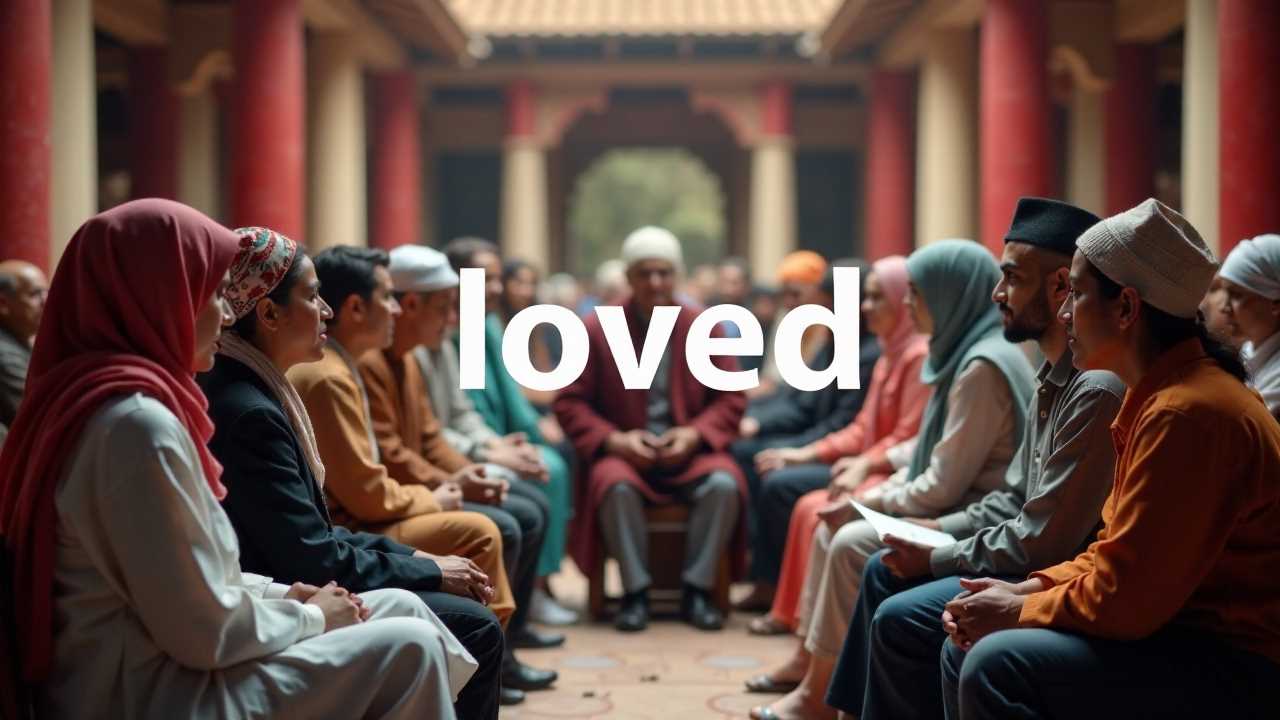
Understanding Cross-Cultural Relationship Counseling
Cross-cultural relationship counseling plays a pivotal role in helping couples navigate the complexities that arise from differing cultural backgrounds. In our increasingly globalized world, many individuals find themselves in relationships where cultural differences are prominent. These differences can manifest in communication styles, values, and expectations, making it essential to seek guidance through cross-cultural counseling. This approach not only addresses the challenges but also celebrates the richness that diverse backgrounds bring to a relationship.
Cultural Adaptation: The Foundation of Successful Relationships
Cultural adaptation is a vital component of cross-cultural relationship counseling. It involves understanding and adjusting to the cultural norms and practices of one’s partner. This process requires an open mind and a willingness to learn. Couples must engage in discussions about their cultural backgrounds, exploring traditions, beliefs, and values that shape their identities. By fostering an environment of mutual respect and understanding, partners can create a strong foundation for their relationship.
Effective cultural adaptation also involves recognizing potential areas of conflict. For instance, differing views on family roles, gender expectations, and communication styles can lead to misunderstandings. By addressing these differences early on, couples can develop strategies to navigate potential conflicts, ensuring that both partners feel valued and understood.
Communication Strategies for Cross-Cultural Couples
Effective communication is the cornerstone of any successful relationship, and it becomes even more critical in cross-cultural partnerships. Couples must develop tailored communication strategies that account for their unique backgrounds. This may include:
1. Active Listening: Partners should practice active listening, which involves fully concentrating on what the other person is saying without interrupting. This technique fosters a deeper understanding of each other’s perspectives.
2. Clarification: Given the potential for misinterpretation, it’s essential to clarify meanings and intentions. Couples should feel comfortable asking questions to ensure they accurately understand each other.
3. Non-Verbal Communication: Different cultures have varying interpretations of non-verbal cues. Couples should discuss their cultural norms regarding body language, eye contact, and personal space to avoid misunderstandings.
4. Language Considerations: If partners speak different primary languages, they should be patient with each other and consider using simple language or visual aids to enhance understanding.
By implementing these communication strategies, couples can bridge cultural gaps and foster a more profound connection.
Emotional Support in Cross-Cultural Relationships
Emotional support is crucial for the well-being of any relationship, but it takes on added significance in cross-cultural partnerships. Partners may face unique stressors related to their cultural differences, such as societal pressures or family expectations. Providing emotional support involves being attuned to each other’s feelings and offering reassurance during challenging times.
Couples should prioritize open discussions about their emotional needs. This may include expressing feelings of loneliness or frustration related to cultural misunderstandings. By validating each other’s experiences, partners can create a safe space for vulnerability, ultimately strengthening their bond.
Integration Techniques for Harmonious Living
Integration techniques are essential for couples seeking to blend their cultural backgrounds harmoniously. This process involves finding common ground while respecting individual identities. Couples can engage in activities that celebrate both cultures, such as cooking traditional meals, participating in cultural festivals, or learning each other’s languages.
Additionally, establishing shared rituals can help couples create a sense of unity. This might include celebrating holidays from both cultures or developing new traditions that reflect their unique partnership. By integrating elements from both backgrounds, couples can foster a sense of belonging and connection.
Identity Exploration: Navigating Personal and Cultural Identities
Identity exploration is a critical aspect of cross-cultural relationship counseling. Each partner brings their cultural identity into the relationship, and it’s essential to navigate these identities thoughtfully. Couples should engage in discussions about their cultural backgrounds, exploring how these identities influence their values, beliefs, and behaviors.
This exploration can lead to greater self-awareness and understanding of how cultural identities shape the relationship. Partners should encourage each other to express their cultural heritage while also being open to learning about and appreciating their partner’s background. This mutual exploration fosters respect and deepens emotional intimacy.
Conflict Resolution Strategies for Cross-Cultural Couples
Conflict is a natural part of any relationship, but cross-cultural couples may face unique challenges in resolving disputes. Understanding the cultural context behind conflicts can significantly enhance resolution efforts. Couples should develop conflict resolution strategies that consider their cultural differences, such as:
1. Cultural Context: Recognizing how cultural backgrounds influence conflict styles can help couples approach disagreements more effectively. For example, some cultures may prioritize harmony and avoidance, while others may encourage direct confrontation.
2. Collaborative Problem-Solving: Couples should work together to find solutions that respect both partners’ cultural perspectives. This collaborative approach fosters a sense of teamwork and strengthens the relationship.
3. Time-Outs: When conflicts escalate, taking a break can be beneficial. Couples should agree on a time-out strategy that allows both partners to cool down and reflect before revisiting the issue.
4. Seeking Professional Help: If conflicts persist, seeking the guidance of a cross-cultural relationship counselor can provide valuable insights and tools for resolution.
By implementing these conflict resolution strategies, couples can navigate challenges more effectively, leading to a healthier and more resilient relationship.
Building Lasting Love Through Cross-Cultural Counseling
Cross-cultural relationship counseling offers invaluable support for couples navigating the complexities of cultural differences. By focusing on cultural adaptation, communication strategies, emotional support, integration techniques, identity exploration, and conflict resolution, partners can build a strong foundation for lasting love. Embracing each other’s cultural backgrounds not only enriches the relationship but also fosters a deeper understanding and appreciation for one another. Through commitment and effort, couples can create a harmonious partnership that celebrates their unique identities while forging a shared path forward.
 Travel AdviceDigital NomadsExPat LivingTravel Content Creation HacksPlaces to VisitAdventure TravelPrivacy PolicyTerms And Conditions
Travel AdviceDigital NomadsExPat LivingTravel Content Creation HacksPlaces to VisitAdventure TravelPrivacy PolicyTerms And Conditions
